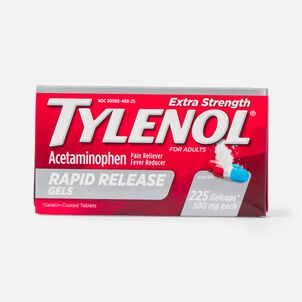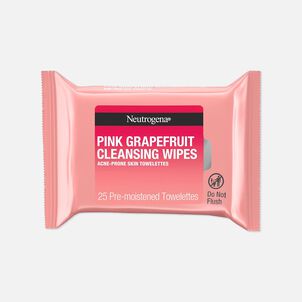March is Workplace Eye Wellness Month. While this may not hold a major spot on your personal calendar of events, let it be a good reminder to start taking better care of your eyes, especially when it comes to how much time you spend staring at screens.
If you're experiencing increased headaches, find yourself rubbing your eyes, or even having a harder time adjusting to light changes, then perhaps it's time to employ some eye care tips.
Making it a point to take — gasp! — a real lunch break at work and taking time away from your computer screen are great places to start. And don't forget to make those yearly FSA eligible eye health checkups and exams a priority.
Try some special glasses on for size
Blue light blocking computer glasses are popular these days – and for a good reason. Not only are they an of-the-moment fashion statement, they also protect your eyes from high-energy visible (HEV) blue light emitted from smartphones, TV screens, iPads, even LED and fluorescent lights.
Too much blue light can cause headaches, blurred vision, even long-term eye damage. And considering the average person spends just over nine hours per day in front of screens like TV, smartphones, computers, tablets, or game consoles, limited blue light exposure with the use of blue blocking products may be a wise choice.
While blue light blocking glasses aren't typically included in FSA eligible eyecare, you may be able to be reimbursed for a portion or all of the cost if you need them for treatment of a medical condition. To find out if the blue light glasses will qualify, contact your FSA administrator or HR department.
Limit screen time
While it may be a challenge, limiting screen time can only help your eye health. Bonus: it can give your mental health a boost, too. Try limiting cell phone screen time with a tracker app like Moment, or a screen time limiting tool. With it, you can monitor daily screen time, set limits for certain apps, or schedule downtime — in other words, scheduled time spent away from your phone.
You may also consider enabling Night Shift. This setting limits the amount of blue light your phone emits, and it is handy all day long, not just before bed. And if you're winding down for bed, try putting your phone in another room to charge, since research has shown it can affect your circadian rhythm or even cause you to take longer to fall asleep.
And smartphones aren't the only guilty parties. If you work in front of a computer most days, try to step away from the computer screen every now and then. The fresh air will do you — and your eyes — some good. Just don't forget those FSA eligible prescription sunglasses, if your doctor thinks you need them.
Make family eye health a year-round priority
And don't forget about those regular eye health checkups or targeting exams. Meet with your ophthalmologists or optometrists to check up on your eyesight. They can help determine if your prescription for glasses or contacts is still accurate, as well as check for any potential issues with your vision or eyes. These annual visits are an important step in maintaining eye health.
Plus, since they're FSA and HSA eligible, there's really no excuse to skip them. Except for maybe those giant sunglasses they give you after they dilate your eyes. Yeah, we really don't like those.
Eye surgery is also FSA and HSA eligible, even LASIK, which could be a major boon to those that struggle with poor vision. You can also help offset the cost of many of the FSA eligible eyecare items like eyeglasses, contact lenses, contact lens solution, eyeglass repair kits, cleaning cloths, even eye drops with your FSA.
-
Thank you for visiting the FSA Store Learning Center! Don’t forget to follow us for more helpful tips on Facebook, Instagram, and Twitter!

















